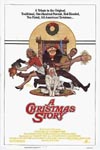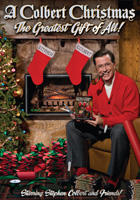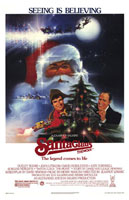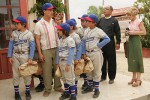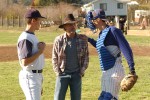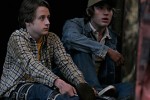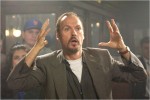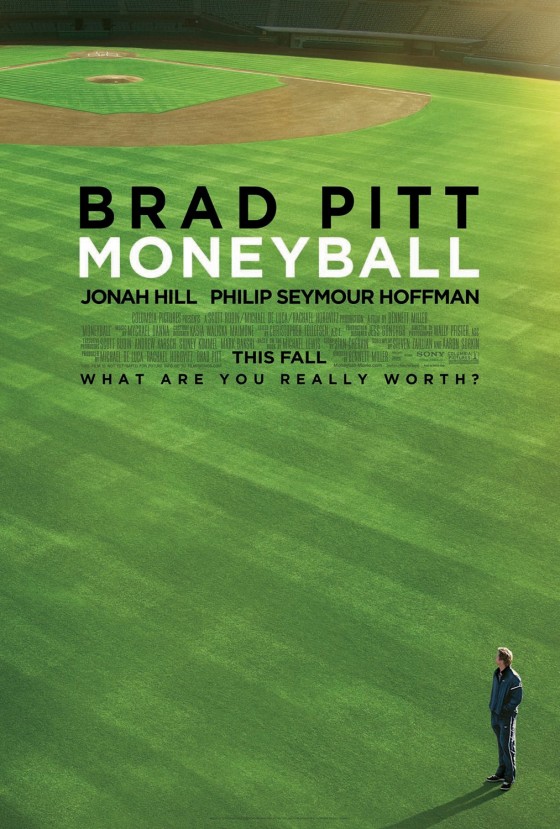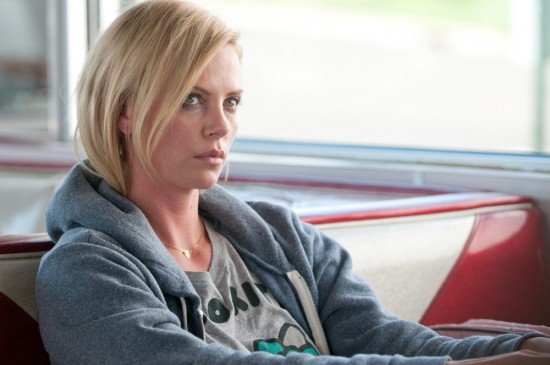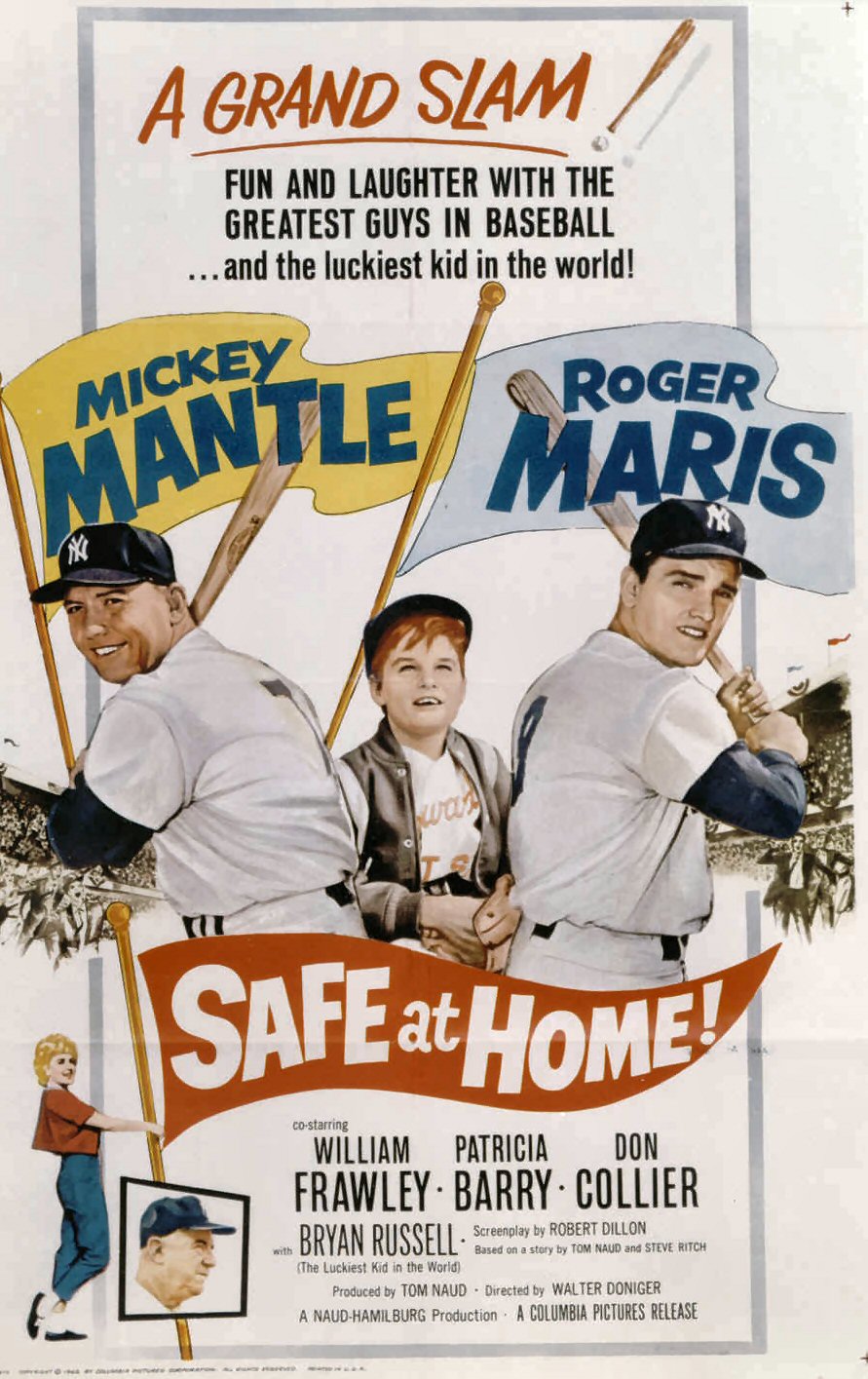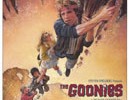There was a time when Eddie Murphy meant guaranteed laughs. This was a long time ago before such dreg as Boomerang, Holy Man and Vampire in Brooklyn. Lest we not forget Mr. Murphy’s short-lived music career. This was when the Saturday Night Live alumnus was at his snarkiest. Such films as Beverly Hills Cop, 48 Hrs. and Coming to America, not to mention his concert stand-up films Delirious and Raw, cemented Murphy’s spot as the ‘it’ man of Hollywood, saying things that few others would dare to.
Dan Aykroyd, another alumnus from SNL‘s golden years, was in the same untouchable boat as Murphy for a while, just more often than not in supporting roles or ones where he’d take a co-lead. Think Ghost Busters, The Blues Brothers and The Great Outdoors. But sequels almost killed Aykroyd’s career with dud follow-ups like Ghost Busters 2 and Blues Brothers 2000. At least unlike Murphy, he didn’t try singing.
Together in John Landis’ Trading Places, Murphy and Aykroyd are two comedians in their prime. They play two Philadelphia opposites; Murphy is Billy Ray Valentine, a scheming con man struggling to get by; Aykroyd plays Louis Winthorpe III, a wealthy member of society’s upper crust snobbery. Taking a page similar from the Bible’s book of Job, God and Satan are replaced by two aging brothers (Ralph Bellamy, Don Ameche) who own a big consumer goods brokerage, which Winthorpe works at. They make a wager that brings Valentine in off the streets and into an executive’s chair and send Winthorpe packing into the slums. The test is to see whether or not Winthorpe will remain loyal to the company and if an uneducated black man could replace him. All set around the holidays, no less.
Race observations has always been a big part of Murphy’s shtick, at least back in the early part of his career when everything was golden. He’d say the things others wouldn’t dare. While conservative types and my mother were blasting him, the mass populous laughed right along with him. Trading Places is perhaps the best example of Murphy clicking on all fronts. He’s crass and often politically incorrect; he’s also likable as Valentine. But not too likable, for that would take his edge away. This leads to several hilarious situations in which Valentine, clearly out of his element in the lavish lifestyle, comes to grip with his new-found fortune. Contrast that with the con-man veteran he pretends to be at the beginning of the film and you’ve got a big shift in character types. A fine piece of acting, but likely overlooked originally because it is based in the art of slapstick. This isn’t the last time Murphy would play a fish-out-of-water archetype. In fact, he thrived on it for a good while with such hits as Beverly Hills Cop and 48 hrs.
Aykroyd is also very good here. With his parted hair and uppity voice, he places a perfect spoof of the snooty suck-up at the beginning. In fact, I wondered at first if he was doing too good of a job. Unlike some of his future films where he acts manic for no particular purpose other than acting manic, Aykroyd is much more reserved here. Perhaps it’s because Murphy has enough energy for the both. Aykroyd does a good job with straight-faced comedy here, going from rich snob to desperate and pathetic faux-snob.
Although not overtly a holiday film, the winter setting clearly puts it in the genre, even if only slightly. Chirstmas is an appropriate backdrop though for this fable about corporate power and riches. Not to mention, it provides a good excuse for Aykroyd to don a dirty and pathetic looking Santa suit.
Trading Places is one of the more memorable comedies to come out of the 1980’s, not so much for its story but for the performances of its two stars, both of whom were nearing their peak.
Trading Places Trailer
